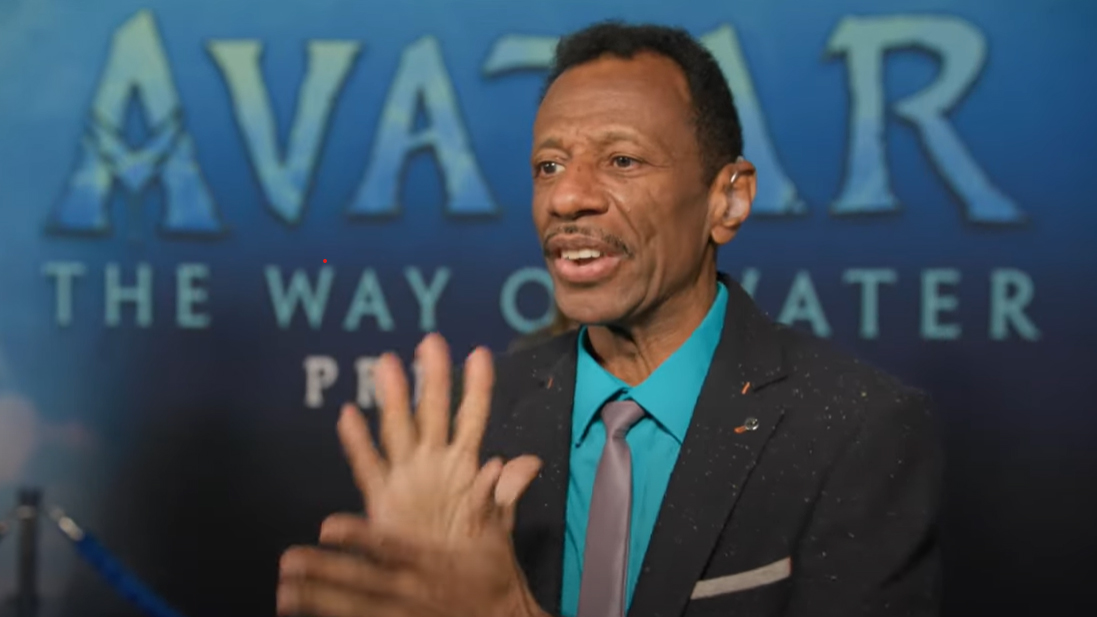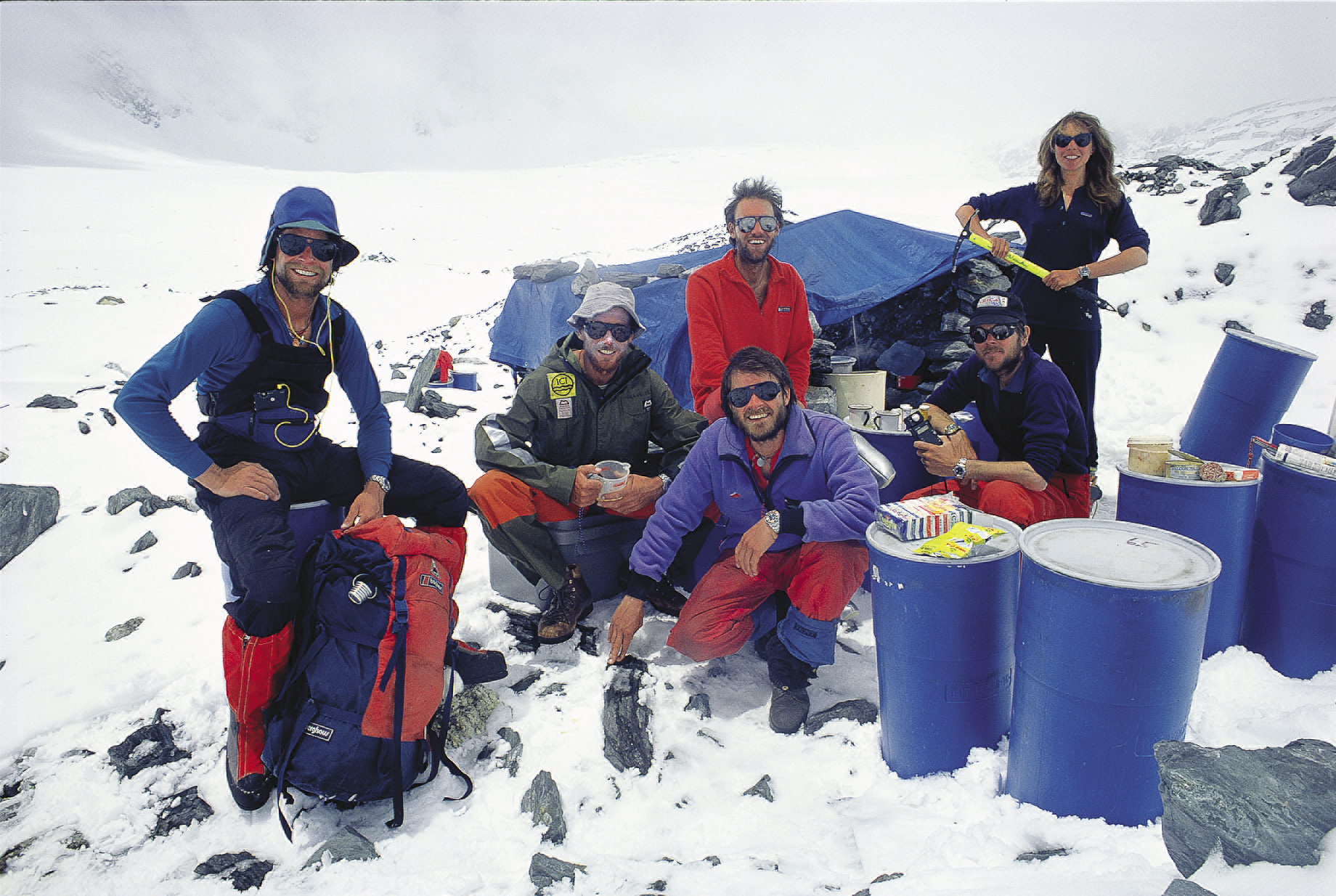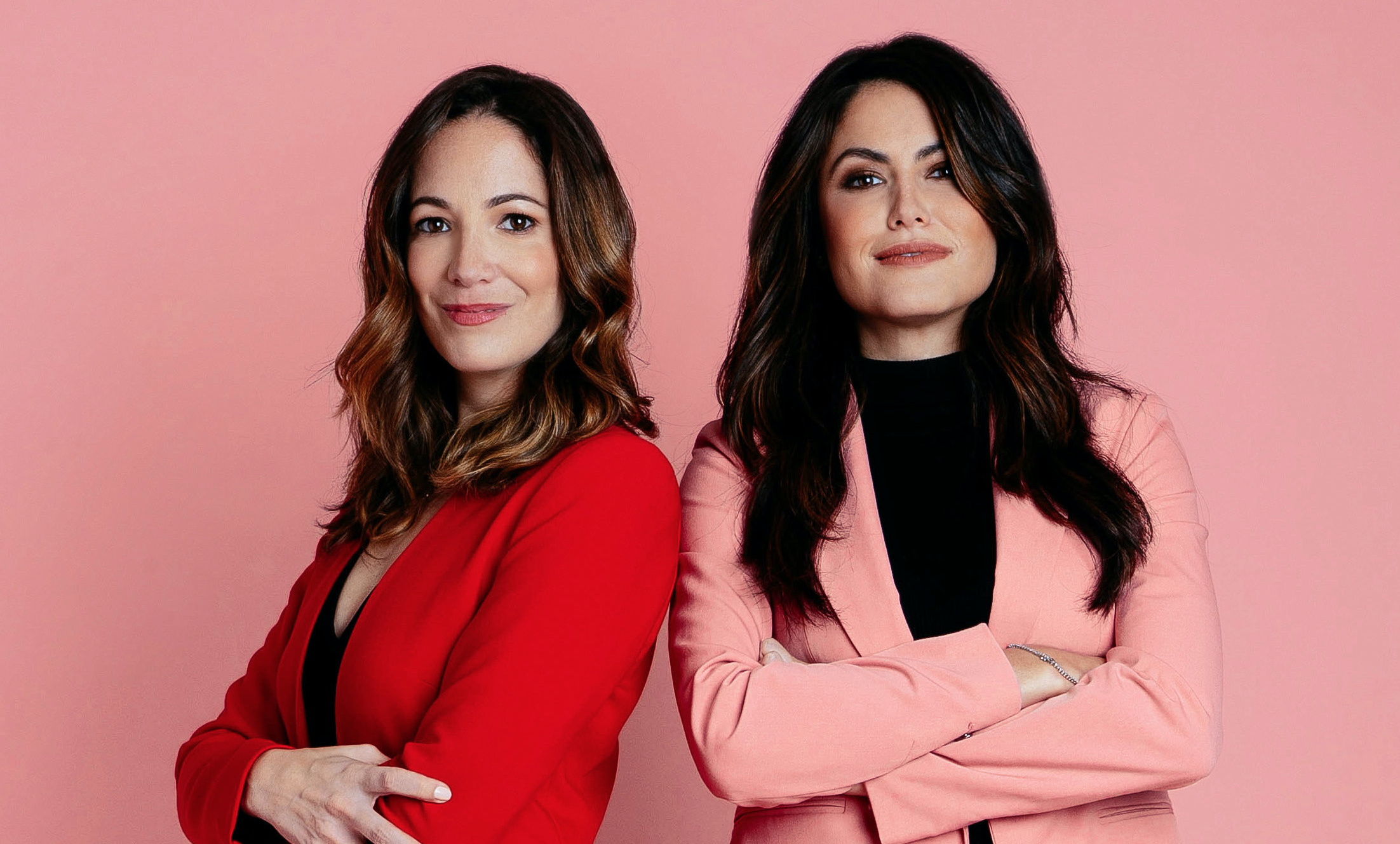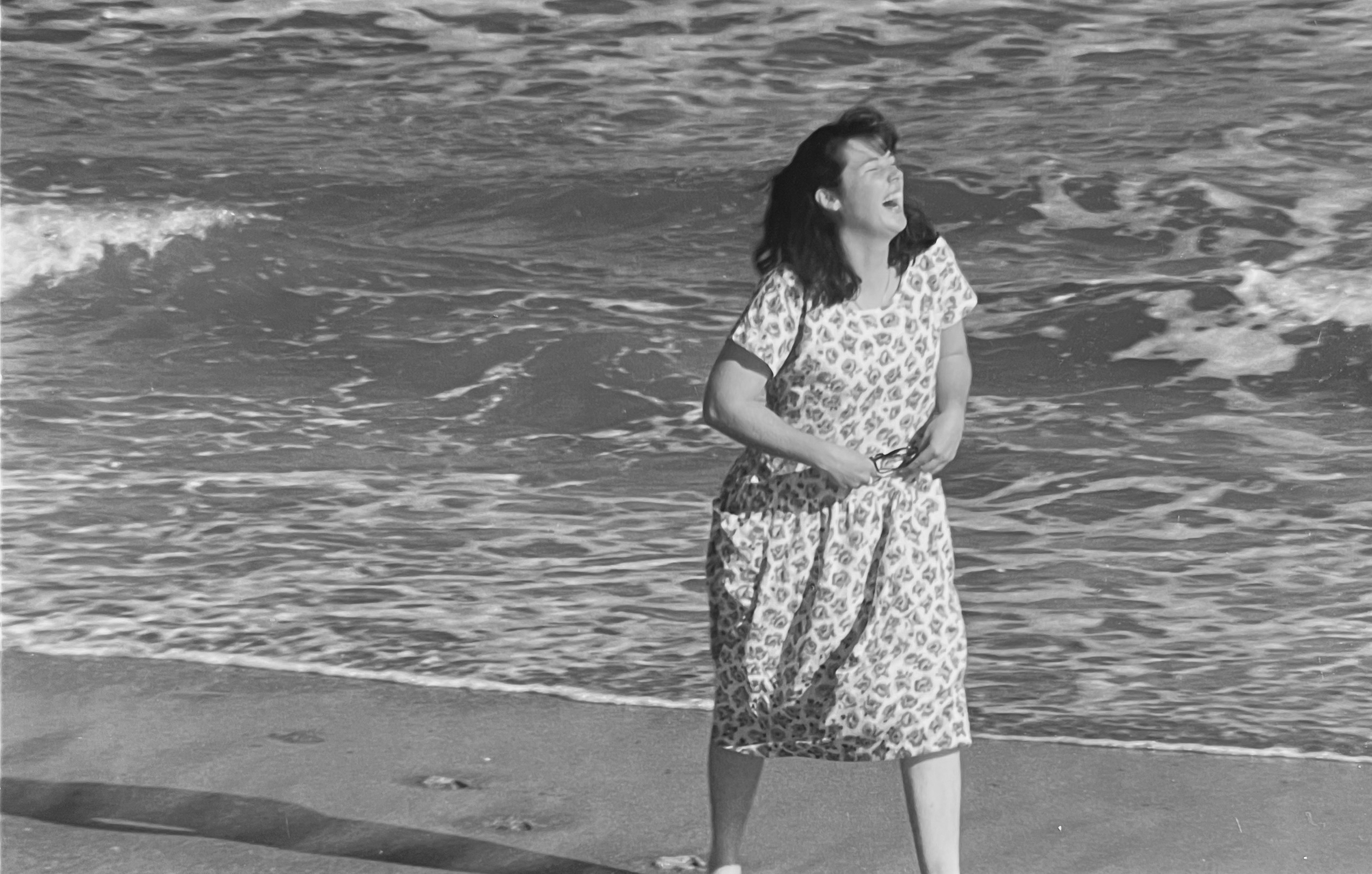We are all familiar with Julia Robert’s portrayal of real life activist and hero Erin Brokovich. In 1993, the single mother fought a huge legal battle against the Pacific Gas and Electric Company of California, despite having NO formal legal training or background, and won a landmark case which proved the company was poisoning the water of a small Mojave desert town.
Her story shows that true activism is when one person sees that another human being’s right to a full and free life is being restricted somehow, and they choose to work to change it. We are in awe of women like Erin Brokovich. If you like us want to know about women who are changing the world but unfortunately don’t get to share the same amount of media headlines as celebrities or politicians, you needn’t look any further, we have you covered.
Meet your new Shero: Phyllis Omido of Kenya, who is being touted as “Africa’s Erin Brokovich“.
She just became one of 6 recipients of the prestigious 2015 Goldman Environmental Prize, the world’s largest award for grassroots environmental activists, for literally taking on a large corporation because of how they were harming people in her local town.
Phyllis decided to take action against a lead factory in the town of Owino Uhuru, a densely-packed slum in Mombasa, after learning they were poisoning people.
“The smelter extracted lead from used car batteries. In the process, it emitted fumes laden with lead and spewed untreated acid wastewater into streams where people bathed. Lead is a potent neurotoxin. It damages the development of children, targeting the brain and nervous system,” reports the Guardian about the plant.
The lead factory was built in 2009 and never had any environmental damage assessment done before beginning operation. That’s where Phyllis came in as she worked on environmental impact assessment reports for several factories previously, and did the same with the lead factory.
When she alerted the factory bosses about her horrific findings, instead of them taking immediate action to rectify the situation, she was reassigned to another position and the company brought in someone else to take her job. Phyllis meanwhile starting telling her colleagues about what she had discovered because they weren’t given proper protective gear and in some cases they were handling dangerous chemicals with bare hands. The upper management, however, always wore protective gear when visiting the factory.
But her fight wasn’t over yet. After being reassigned, she soon found out how far-reaching the lead poisoning was when her son became ill. She rushed her son to the hospital with a mysterious illness which the doctors initially thought was malaria or typhoid, but eventually after multiple tests they found excessive lead in his system which was a result of her breastfeeding.
“It was very heartbreaking for me because I felt like I was the one who’d made him sick,” she said.
She knew she had to speak up, especially because the factory wasn’t being honest about the truth. When one of the workers died from lead poisoning, Phyllis had no problem violating the non-disclosure agreement she initially signed stating she wouldn’t say anything if the company agreed to pay her son’s medical bills.
With encouragement from a local pastor, she reached out to community members about what they had seen and experienced: chickens (often kept in backyards) died after drinking the water trickling out from the smelter. Children developed high fevers and complained of stomach aches. Women suffered miscarriages and stillbirths. Phyllis urged residents to consider lead poisoning as a possibility, often accompanying illiterate parents on hospital visits to help them explain the situation to doctors.
After receiving threats and having to move to protect her and her son’s safety, in 2009 she started an organization called the Center for Justice, Governance and Environmental Action which focused on environmental and human rights issues in Kenya. Her activism has sparked an incredible change much further than just in her community.
She was arrested in 2012 for organizing a protest, but didn’t let that deter her mission. She had to go to court for the protest, but the judge immediately dismissed her case. Phyllis’ persistence paid off because the factory eventually closed down in 2014. Now she works closely with Kenya’s Senate Health Committee holding them accountable for certain standards in order to ensure what she went through doesn’t continue happening to other people.
The Senate Committee has since visited the former factory site, and after being shocked by what the learned and saw, are now speaking to residents and providing testing in order to clean up the contamination.
But it was all thanks to one woman, a single mother who saw a huge problem and decided to take on a major company in order to protect other people from going through the same ordeal. The Goldman Environmental Prize awarded her with $175,000 to pursue her “vision of a renewed and protected environment.”
Human Rights Watch says three workers died from lead poisoning from the EPZ Refinery. It is so incredibly sad that money is more important than a human life in the eyes of some greedy corporations.
Thankfully, because of her determination to rectify a grave situation, Phyllis’ son has recovered fully and is now 9 years old. Her story is an inspiration to many that often we have to rise up and be heroes in our local community.
Phyllis was one of 6 recipients of the prestigious Goldman awards. The other winners include Myint Zaw from Burma, who stopped a dam on the Irrawaddy river; Howard Wood in Scotland and Jean Wiener of Haiti, who both successfully campaigned for community-managed Marine Protected Areas in their respectively countries; Marilyn Baptiste, who defeated a proposal for a huge gold mine on the lands of her First Nation community in Canada; and Berta Caceres of Honduras, who stopped another dam on indigenous land.
In her acceptance speech at the ceremony held in San Francisco, Phyllis shared the importance of communities standing together against injustice.
“Together as one we can face any adversity. Our might comes from togetherness not from fear. It comes from pulling each other up on this journey,” she said in a 4 minute speech that is worth watching all the way through.
“For too long the odds have been stacked against us. We’ve seen communities subjected to systems designed to muzzle them. We’ve seen communities expected to beg for a right to nature. Water, air, a playground free from toxic poisons. We’ve seen governments hide behind laws and rights that communities cannot understand much less demand. The systems are riddled with too many loopholes ripe for exploitation. But today I feel the winds changing. I see an awakening. The environment is a human right.”
We are so in awe of Phyllis’ bravery as a woman who knew the fight would be long and difficult, but like Erin Brokovich, realized how important it was.
You can see more of Phyllis’ background story in the video below:




















